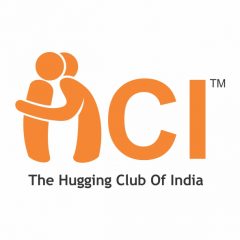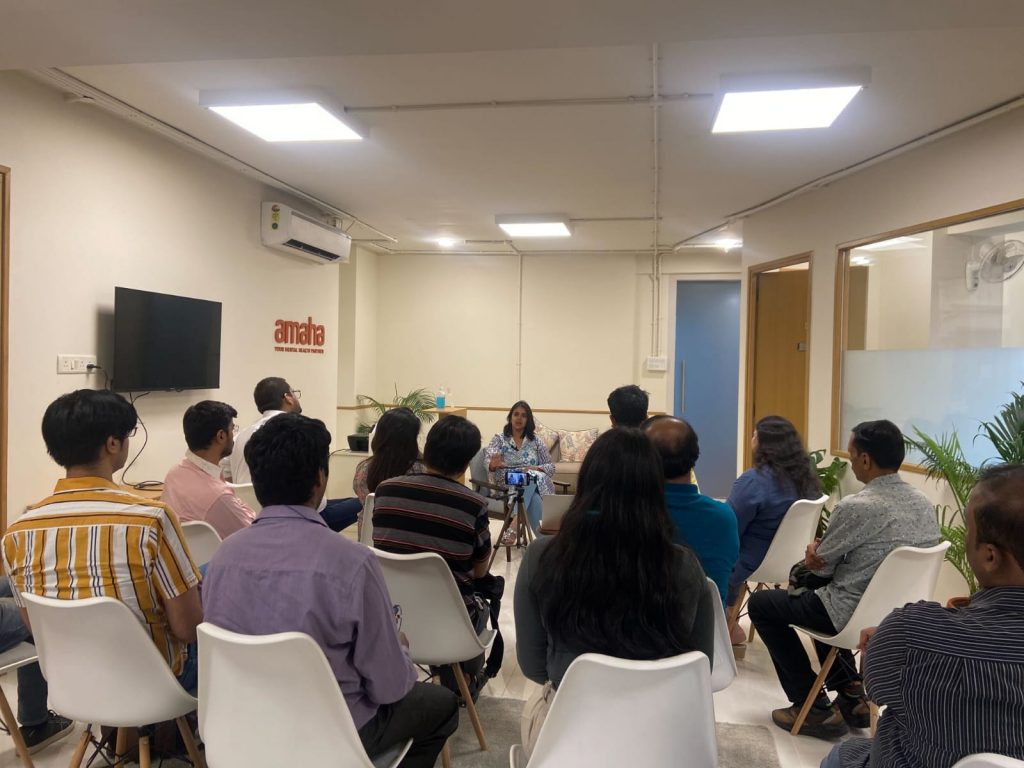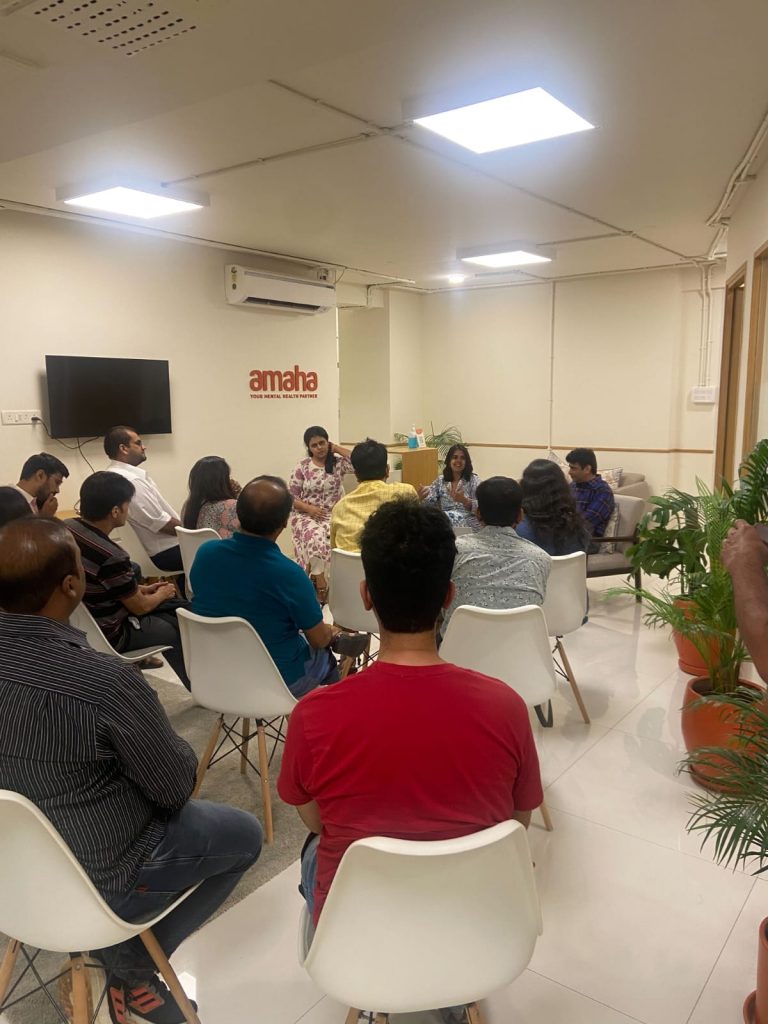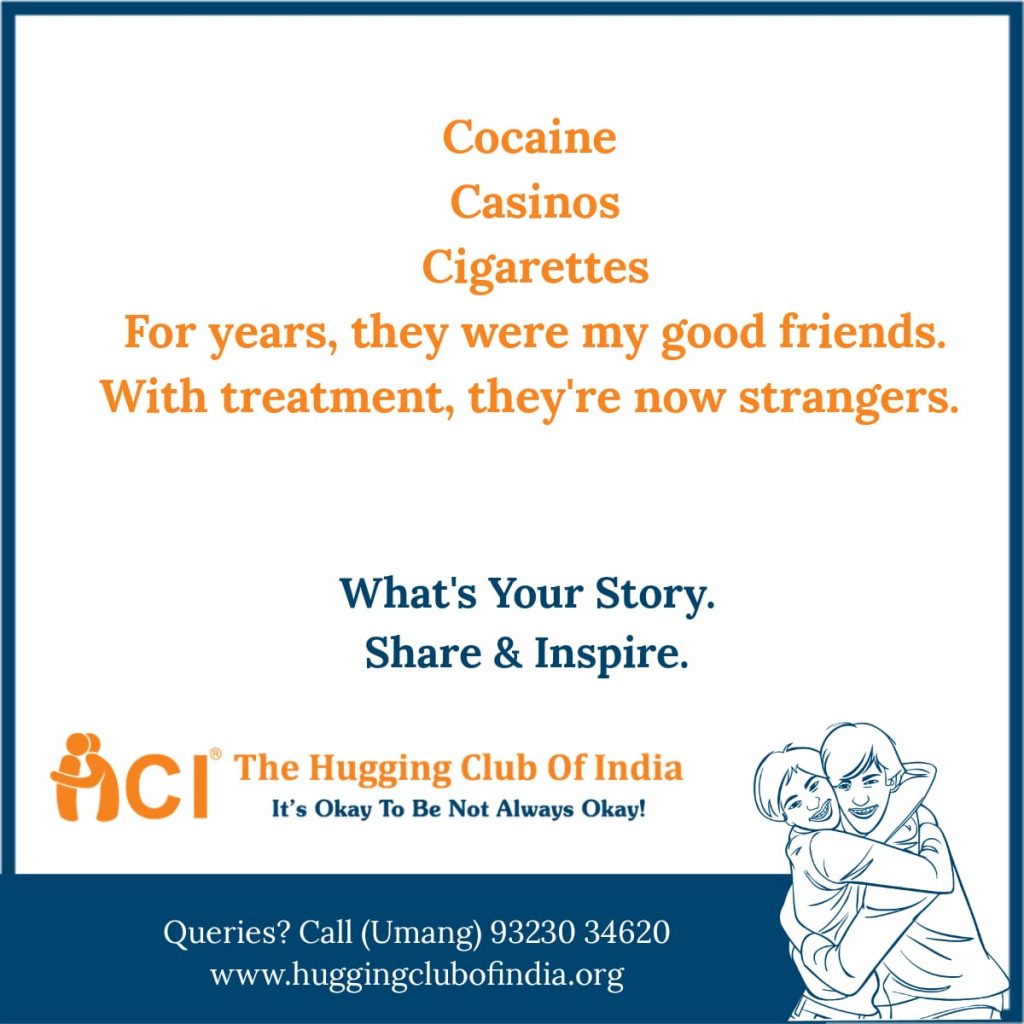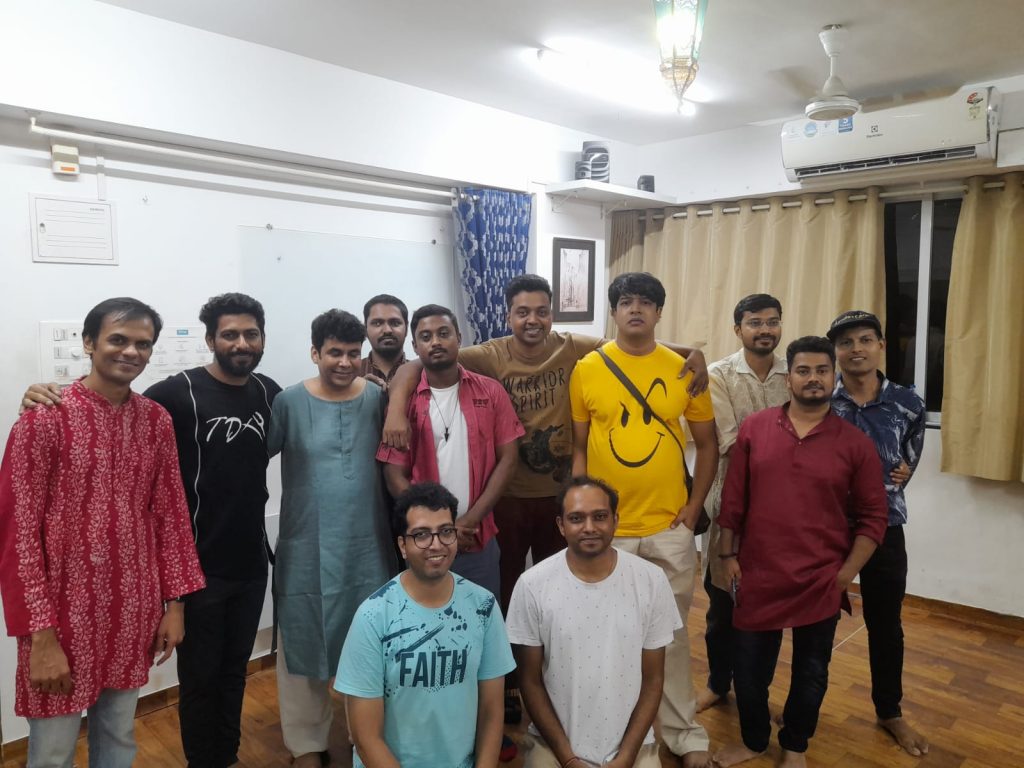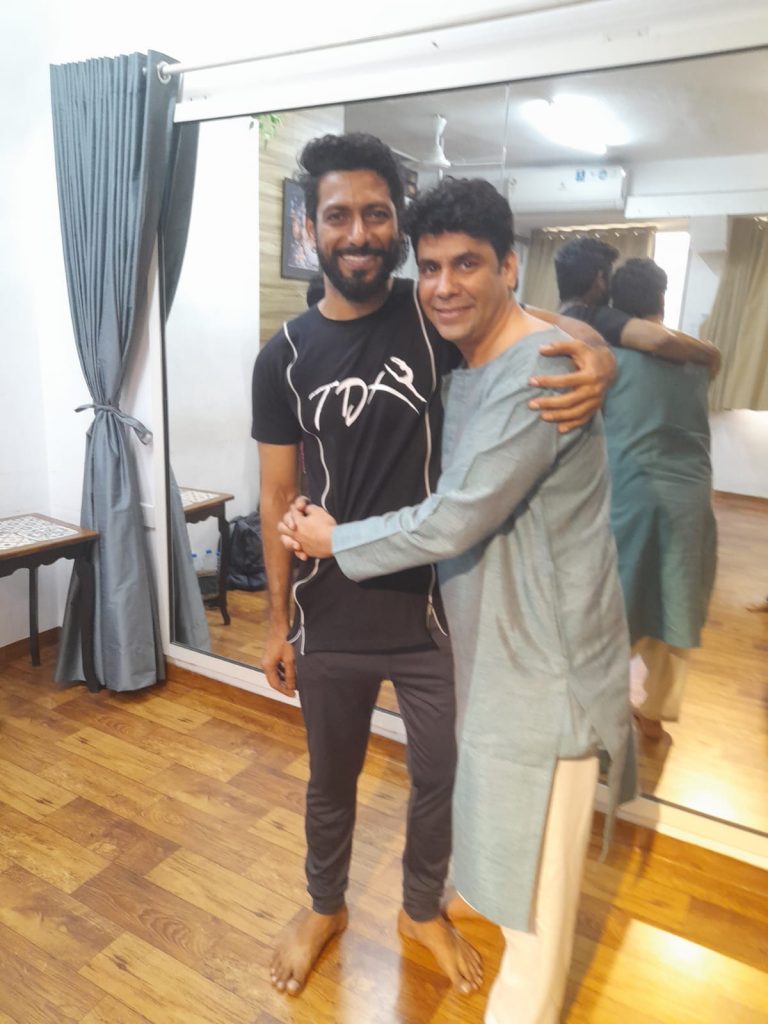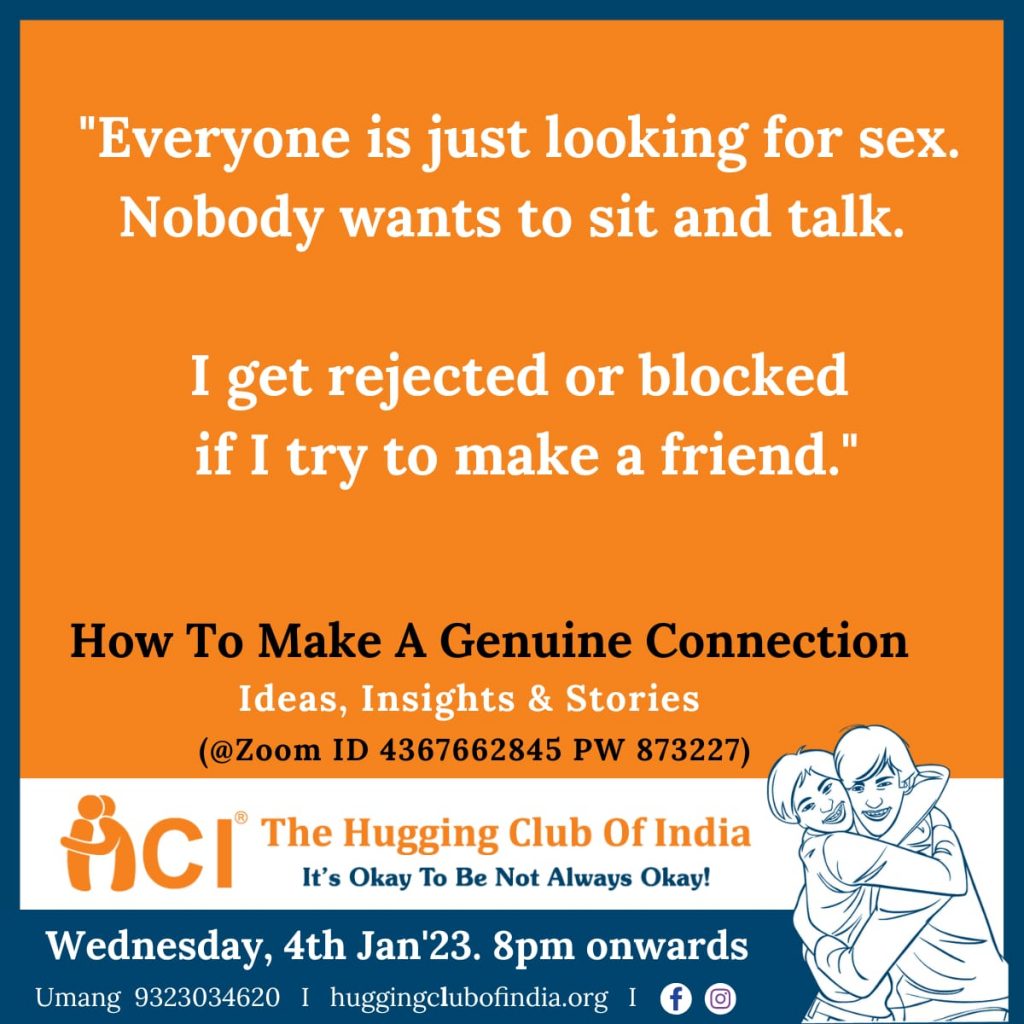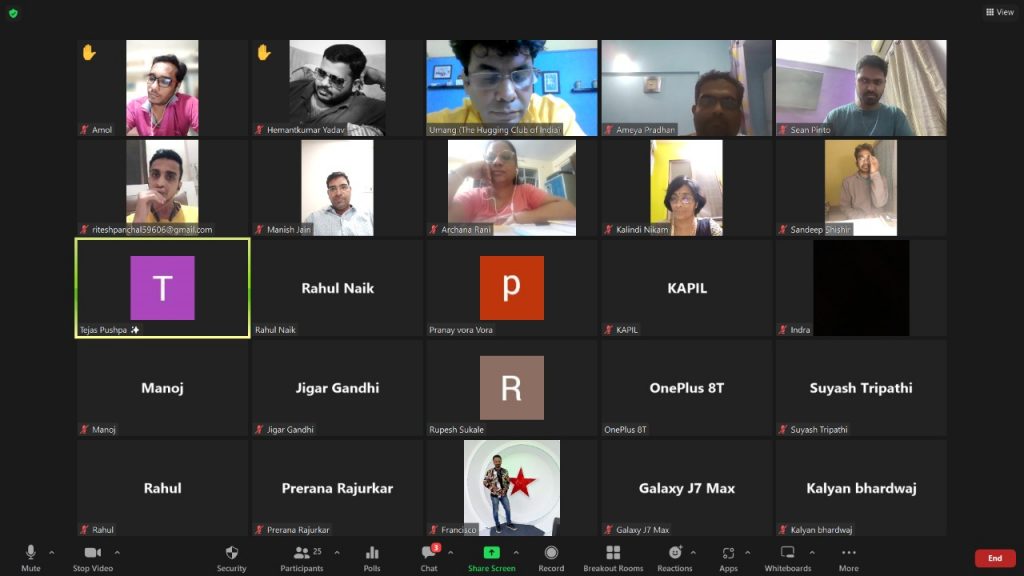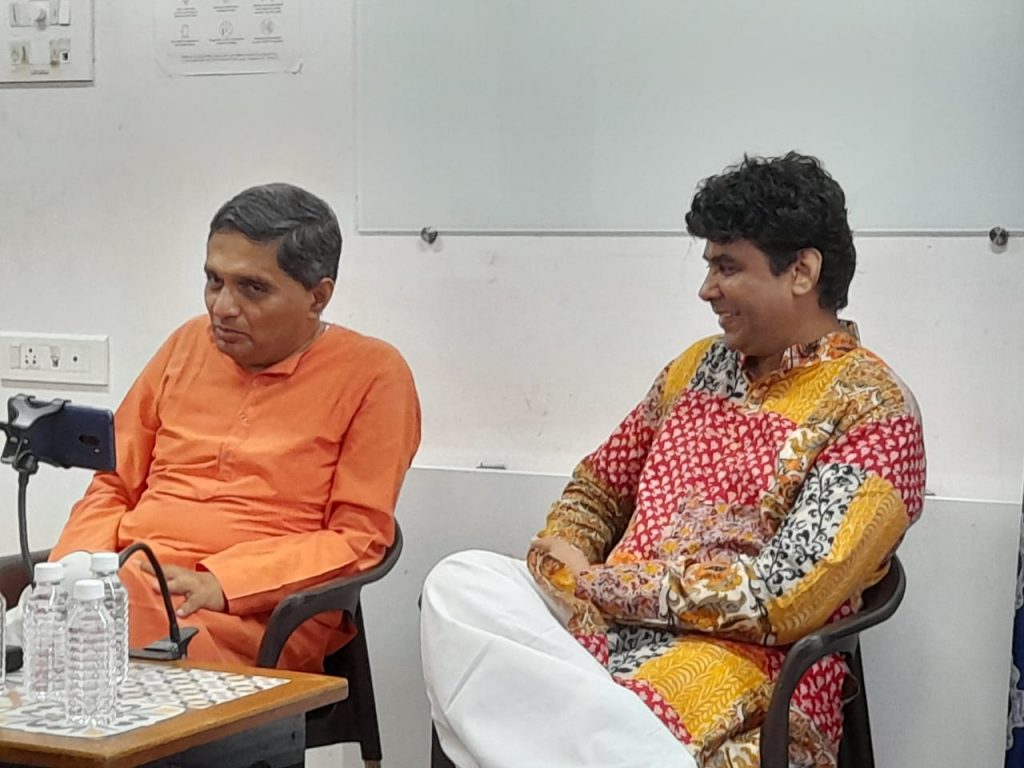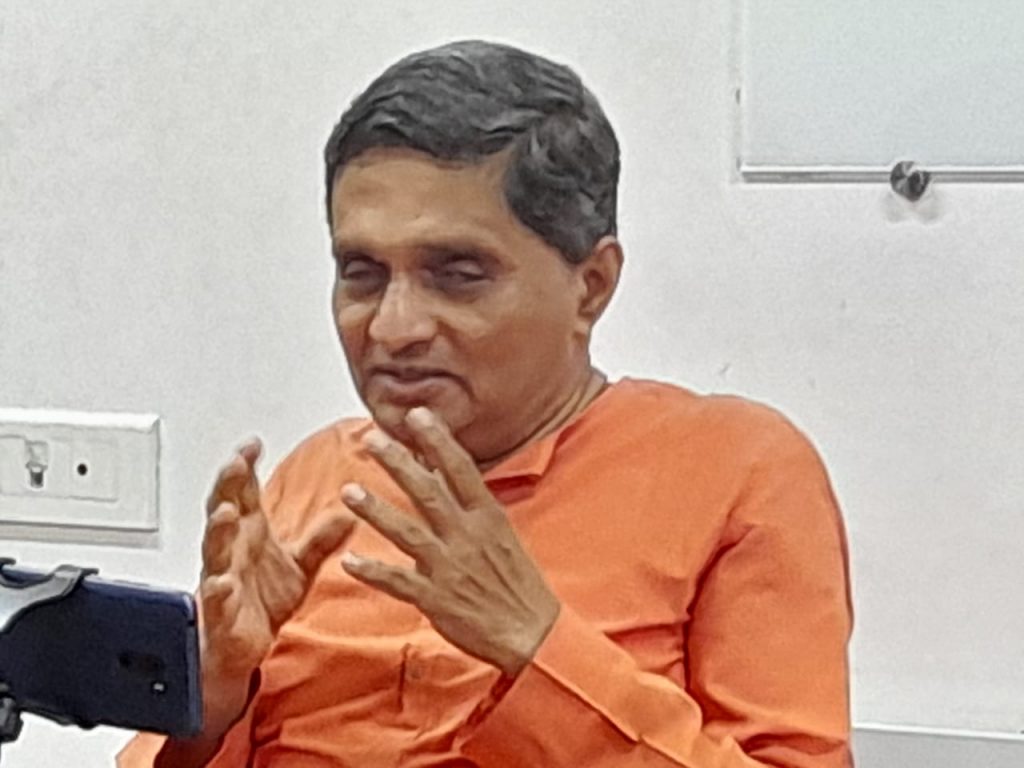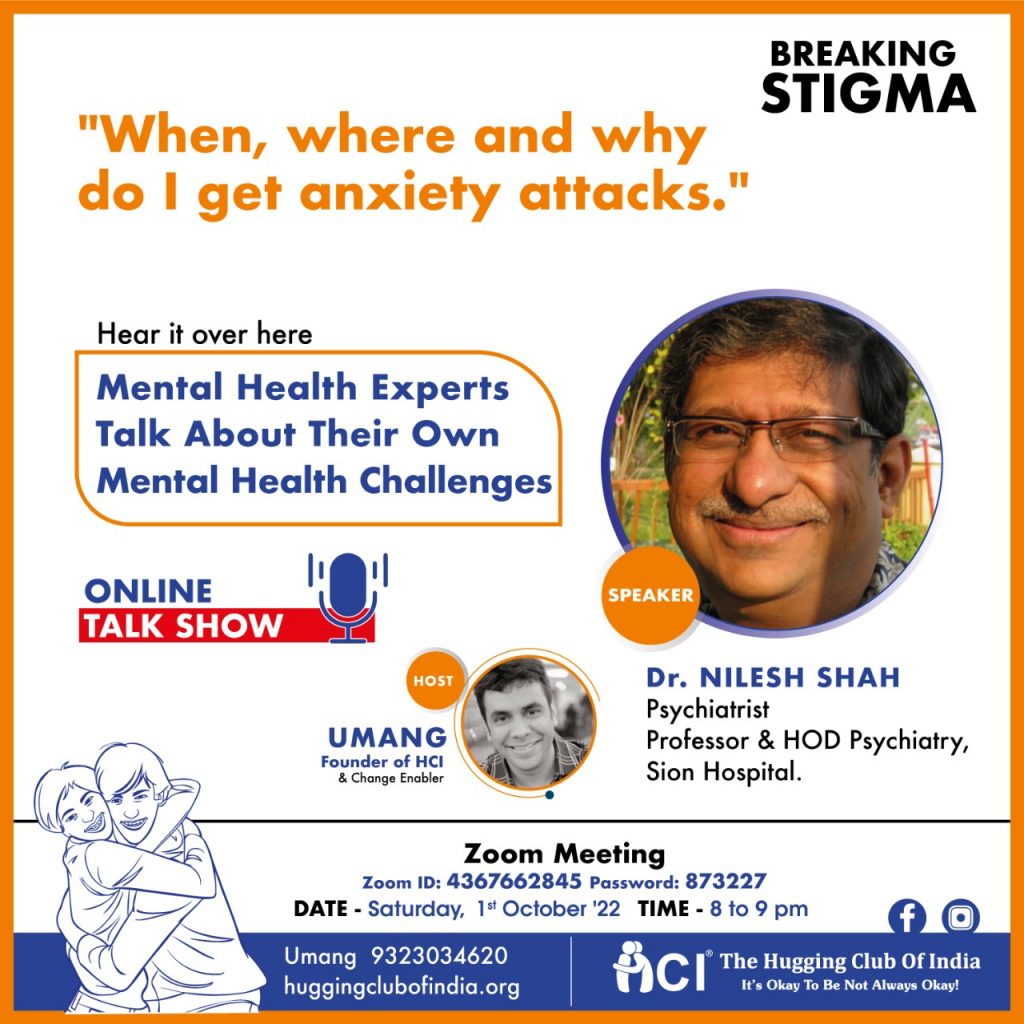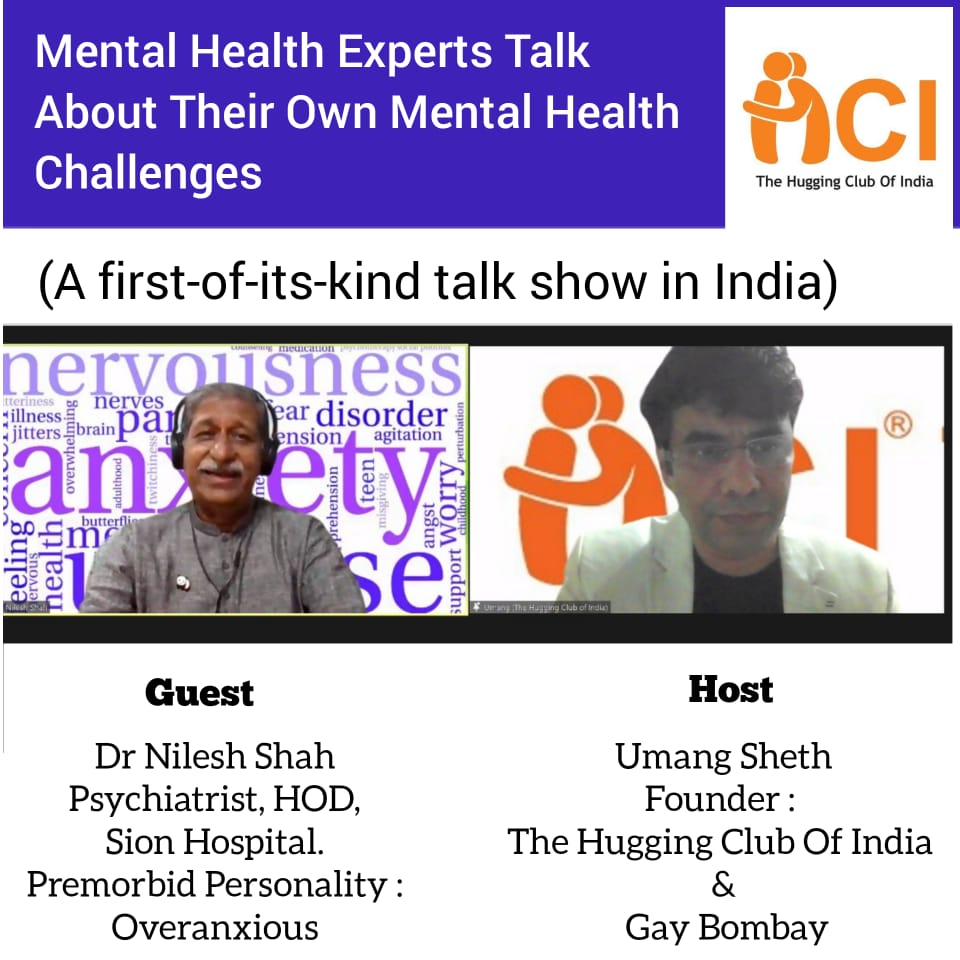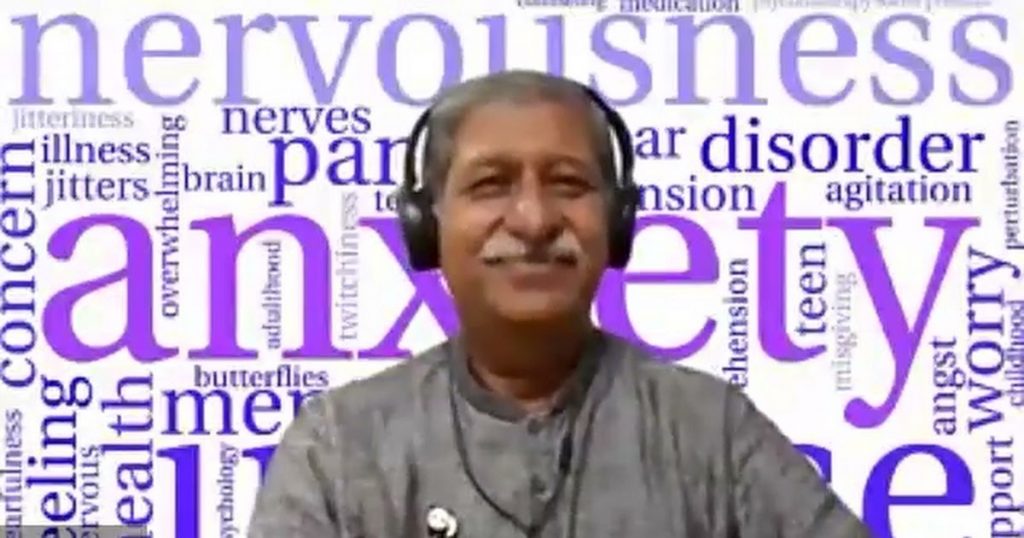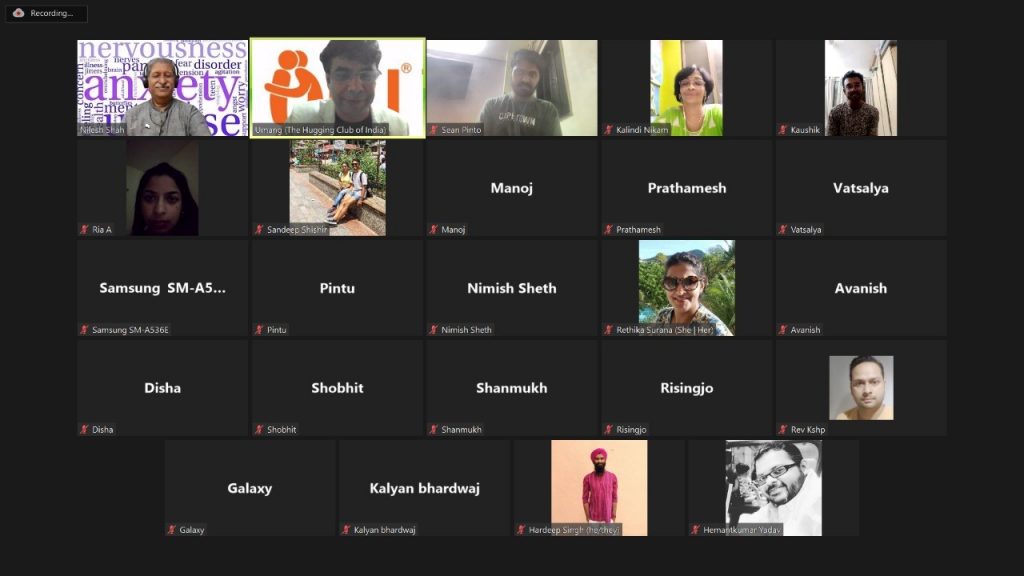HCI Meet at Amaha Mental Health clinic, Bandra, Mumbai 25 June 2023
We had an enriching discussion with Deepa, psychologist associated with Amaha. Deepa has 13 years of experience in her field and had graciously hosted the event for Hugging Club of India.
The session started off exploring the difference between love and addiction. Neha made an insightful observation that if something you like and indulge in interrupts your day-to-day essential activities repeatedly and you are increasingly giving it priority over people important to you, then it may be becoming an unhealthy obsession.
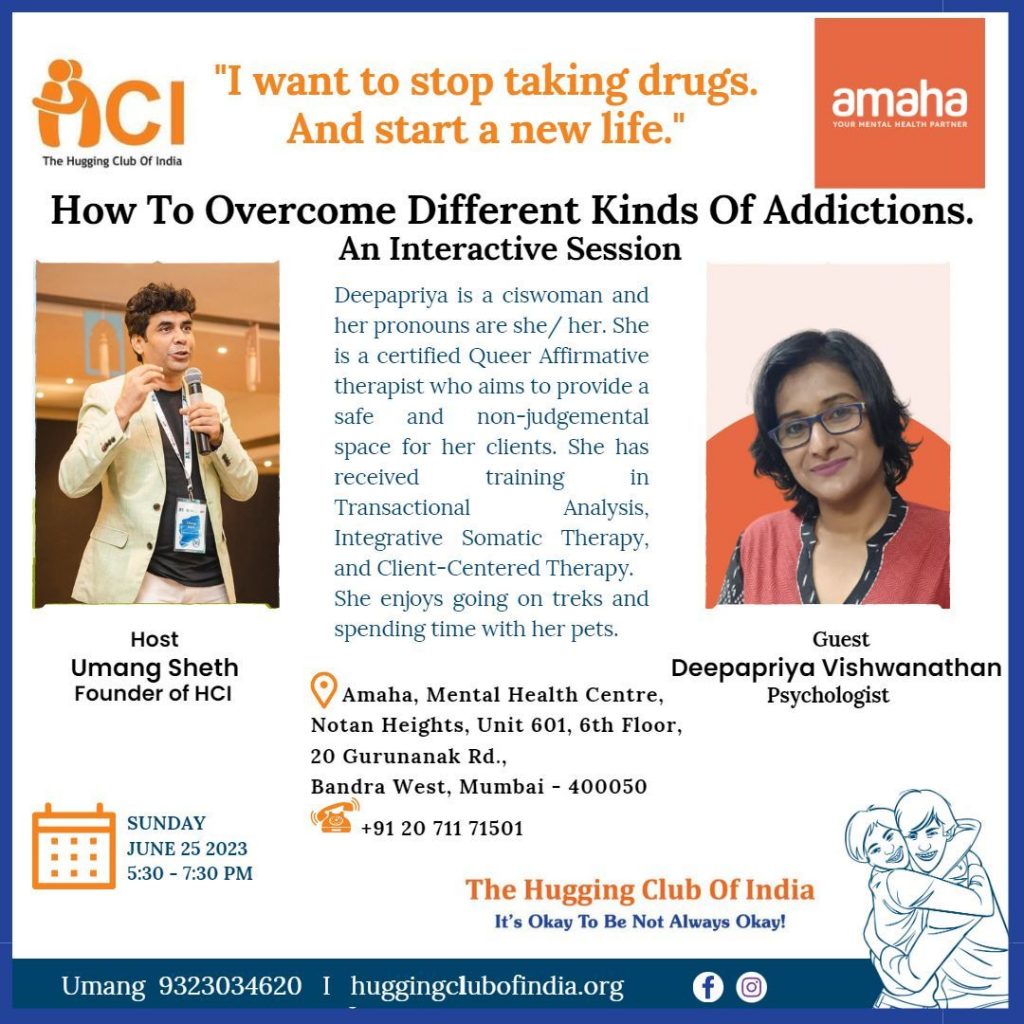
Following are some other interesting topics that were explored in the discussion:
Coping mechanism after a break up: Going to dating apps immediately after a breakup or getting into random sex with strangers creates a high because at that time you were recently rejected and when another person shows an interest in you, it gives a sense of validation and feeling of being wanted, which gives a temporary high. Instead of that you need to have a support system of real friends who can give honest perspectives or a family of choice with whom you can spend time and discuss your issues. Giving yourself some time is also a healthier coping mechanism.
Feeling overwhelmed or stressed with a large task or project: Try to break the task into smaller measurable steps that you can complete one by one and at the end of a week you would have made good progress. Instead of being stressed out with the thought that I have to finish this large task or project, the idea should be that I need to start these small tasks.
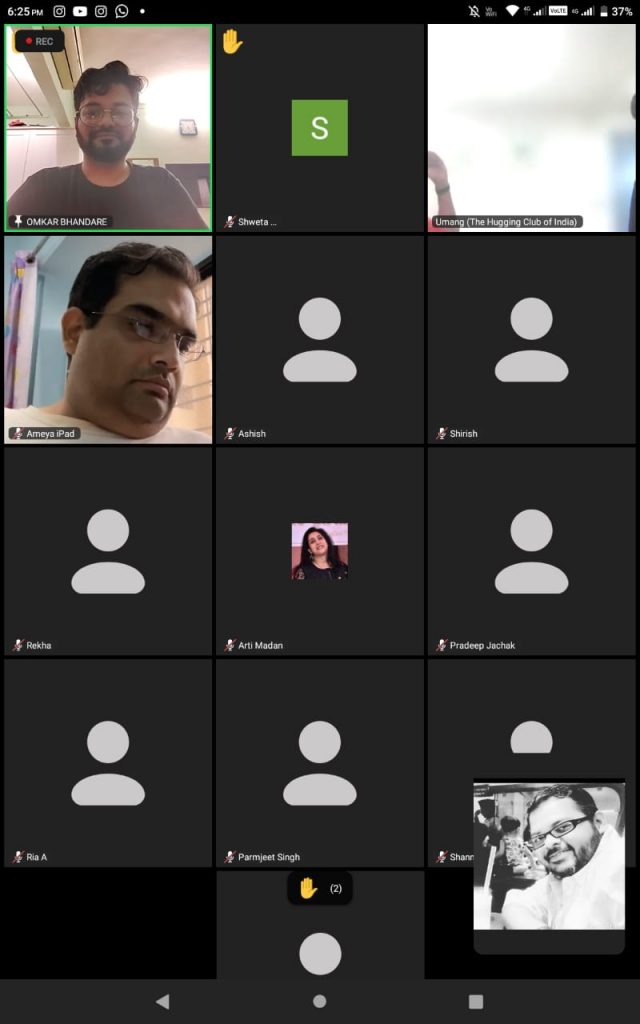
Deepa introduced us to an interesting concept known as Pomodoro technique to avoid procrastination. Keep a focussed schedule for work (say 25 minutes) with breaks in between (maybe, 5 minutes) to recharge yourself and come back to the task and do this repeatedly. Conditioning your mind to this habit will get the task done more efficiently. After 3 or 4 Pomodoros, take a longish break. If the mind wanders to other thoughts during work time, make a note of those thoughts with the intention to deal with them later so that work time is not interrupted.
Another useful technique is prioritising tasks in to-do lists and strike off the tasks one by one so when we look at it, mentally it gets reassuring that I have completed these.
Over-eating as a response to stress: It is natural bodily instinct to eat when the mood is low because food gives comfort to the body. In a culture of fitness and healthy eating, one may feel guilty of indulging in food. But what can help is mindful eating. Avoid watching TV/Netflix/social media while eating because then you will not realise you are over-eating. Instead, focus on eating. After the first serving, wait for 10 minutes. If you still feel hungry, go ahead with a second serving. This way you don’t make it a battle with your body if it is craving to eat. You will be able to distinguish if it is emotional eating or if it is actually what the body needs. The same logic can be extended to alcohol and drugs too.
Obsession with a to-do list: A rule of thumb is to have maximum 5 things on the list. If your work has lot of deliverables and to-do list is long, colour coding to prioritise items would help.
When you need to fall back on your support system of a friend after a major event (such as grieving a loss), and if that friend has also recently lost someone, it would be a good idea to first check with that person whether he/she is ready to talk with you because they themselves may be mentally processing their own trauma. At such times, it is important to have more than one support system, a diversified support group or it may be advisable to seek professional help.
How to avoid simple day to day addictions like consuming more tea, for example?: A good idea may be to replace tea with another beverage like warm water or green tea or even an apple might be a good idea.

Does addiction reach a stage from where there is no comeback?: Deepa’s emphasised that comeback is always possible as long as the addicted person accepts he/she has the addiction and is willing to make a change. Progress may not be linear for long term addictions. It could be 3 steps forward and 1 step back, so should be viewed as such.
A taboo/stigma that was tackled head-on was addiction to masturbation. Deepa clarified candidly that masturbation is very normal as long as it is not habitual. If someone is feeling that they are habituated to it, they could try a technique to wait for 30 minutes and see if the urge is still as strong as before and if it is not, maybe wait it out.
Procrastination: It is connected to perfectionism. We may procrastinate a task because we want it to be perfect. But perfection is rarely achievable, so it increases anxiety. Our mind delays the task until you simply need to complete the task without thinking about making it perfect. What we can try is to simply setup your work and start that task for 2 minutes, with a timer, if necessary. At the end of it, see if you feel the need to stop doing the task right now or do you continue doing it. It is like tricking the mind that I am trying the work only for 2 minutes so that it does not allow the procrastination feeling to evolve. More often than not, you may notice that part of the work actually gets done.
When does one need professional help for an addiction?
For hard drugs like cocaine, heroin, etc, medical help is needed. For other additions e.g. smoking or drinking try delaying it and it is possible that the frequency may reduce. Another way is to do it mindfully rather than mindlessly. If you know that after the fourth drink, you will not be able to control, stop at the third so you are giving you brain a chance to come back. Breathing exercises can also help.
Toxic environment leading to substance abuse: Deepa suggested alternative coping mechanisms like distracting oneself, going for a walk until things in the environment cool down, listening to music and coming back. Also, work on how you can remove yourself from a perpetually toxic environment. If it is not possible try to negotiate small things in that environment to safeguard your mental peace.
LGBTQIA+ people don’t have a roadmap for their future that straight people do, so they need to create milestones for their own future.
Dating app addiction can be dealt by taking the effort to go out and meet dates in social settings to have a conversation (e.g. coffee shops) or doing activities together (e.g. paintball, bowling, etc) so that the bonding gets built on a deeper level.
How can family members of addicted people deal with the issue when the addict is not ready to give up the addiction?
Addiction erodes the family structure. Difficult decisions need to be taken, such as forced rehabilitation.
In the end, it was an informative and thought provoking discussion and the participants ended the session with a lovely group photo and hugs all around.
-Written by Amit Rai
-Compiled by Amol More
-Edited and posted by Mahrukh
